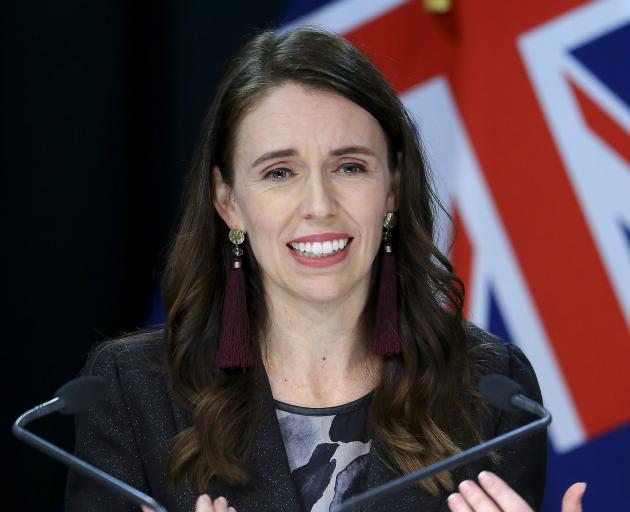
That, along with United States President Donald Trump’s ‘‘Make America Great Again" campaigns, annoys many in the other 34 nations in the Americas, from Chile to Canada.
Mexican beer maker Corona has tapped into those feelings with an advertisement asking, "Make America great again?".

"United America. Enough of using our name to create division. That is not who we are ...
"We are the continent that touches both poles. We are the navel of the world, and also its lungs ...
"We are 35 united states cause we are all Americans, and that’s why America has always been great."
The English and Spanish versions are easy to find on YouTube.
★★★
Readers will already be aware of Civis’ interest in history. This is heightened during these momentous times as the United States abrogates its former positive place in the world and sows division and economic instability.
Civis, observing President Trump’s malign words and actions, is intrigued by one of the great debates of history. Do individuals shape history, or do background forces?
This is akin to the great nature versus nurture argument. Do genes determine character and abilities, or does upbringing?

Similarly, for history: You cannot ignore the individual influence of Caesars, Hitlers, Stalins, Churchills, Maos or Trumps. However, they are thrown up by circumstances and deeper forces. They act within political, social, economic and environmental settings.
"The Great Man Theory" — and it has mostly been applied to men, apart from notable exceptions like Joan of Arc, Queen Elizabeth I or Margaret Thatcher — has a seductive appeal. Heroes and villains on a grand scale are much easier to understand, praise or blame and relate to.
People shaping events are, in a sense, history from above. Historians have argued that more emphasis should be placed on social and economic pressures constraining individuals' influence.
It’s intriguing to apply these ideas to today’s politicians. Is President Trump a product of conditions such that a Trump-like figure would have arisen anyway?
Was Jacinda Ardern a product of time and place? Besides, how much difference did she make in the long run?

How much history is determined, and how much do individuals alter its direction? How much is on the roll of the dice, on happenstance or the accidental appearance of particular people?
Civis has mixed feelings about the father of communism, Karl Marx, and his views.
But what he wrote in an 1852 essay on French Emperor Napoleon Bonaparte makes sense. He strikes the balance between historical determinism and individual agency.
"Men make their history, but they do not make it just as they please; they do not make it under circumstances chosen by themselves, but under circumstances directly encountered, given and transmitted from the past."













